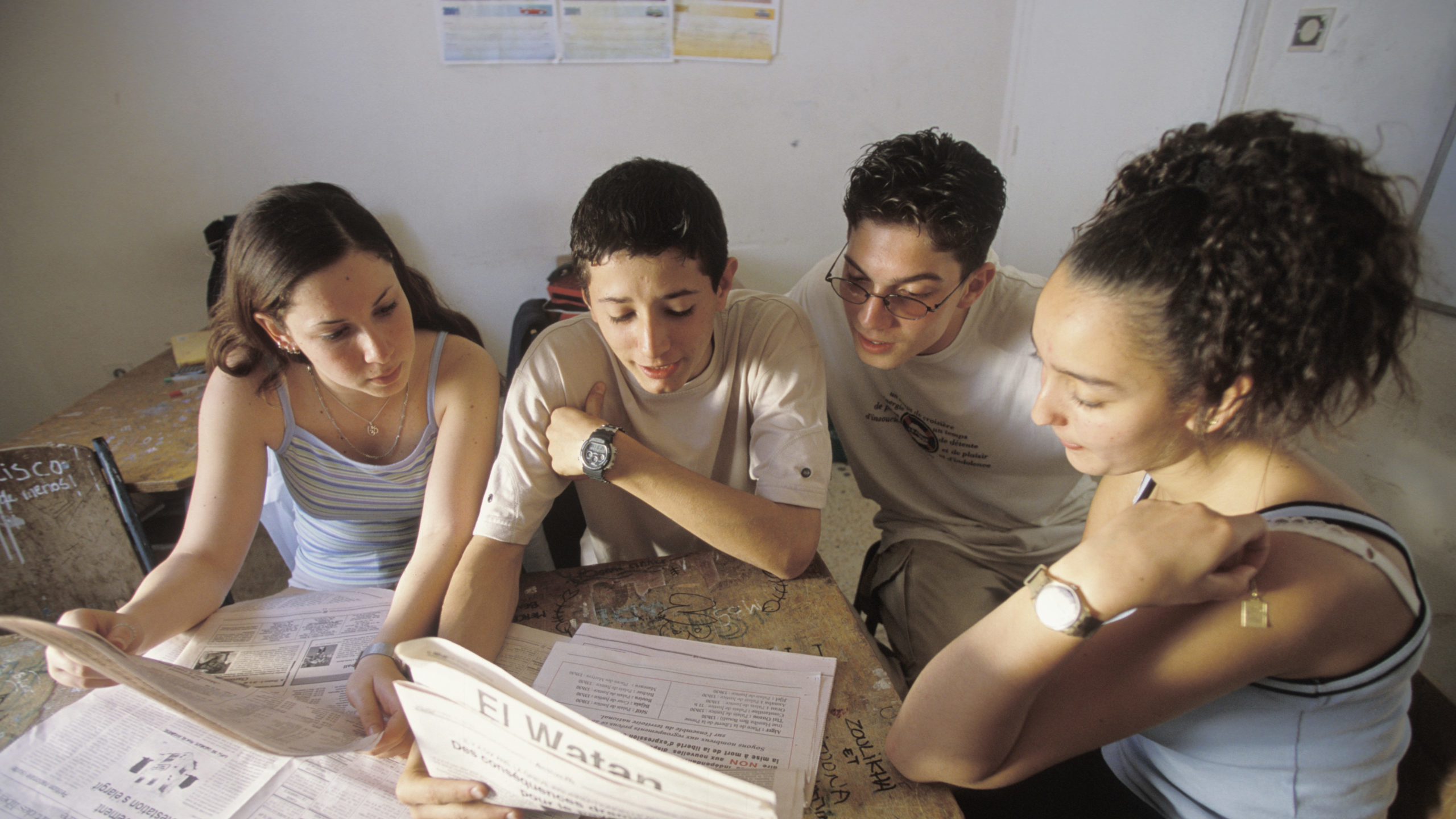resource
Pendekezo Letu (PKL) works to strengthen the entire environment in which street girls exist: the legal system, community structures, schools, families and the girls themselves. Their programmes are based in Nairobi, Kenya and respond to the needs of girls living and working on the streets in Nairobi. This report sets out the findings of research into the longer-term impact of PKL’s holistic programme on the lives of street girls. PKL used the findings to influence programming so that it is informed by the experiences, challenges and successes of street-connected children. Furthermore, the PKL aims to use the findings to identify aspects of the programme that can be scaled up to improve impact and to contribute to a better understanding of best practice in working with street-connected girls.
The main findings of the case study are:
- Pendekezo Letu’s (PKL) intervention is highly successful in reintegrating into education street-connected girls that have some support from their caregivers, usually adult female members of
their families. - The success of the intervention relies on a combination of behavioural change activities promoting the positive well-being of girls at an individual level, as well as economic strengthening for families.
- The PKL case study demonstrates the success of significant community involvement through the development of community-based child protection committees, undercutting myths concerning the unwillingness of community actors to engage in the protection of street children.
- PKL’s work with government agencies has been a positive experience and may lay the foundation for developing a more comprehensive child protection system linking alternative education, community child protection mechanisms and street children.
- The intervention is less successful for girls facing high levels of risk, including drugs, alcoholism and extreme abuse. This finding suggests that more intensive interventions are needed to support those most at risk.






